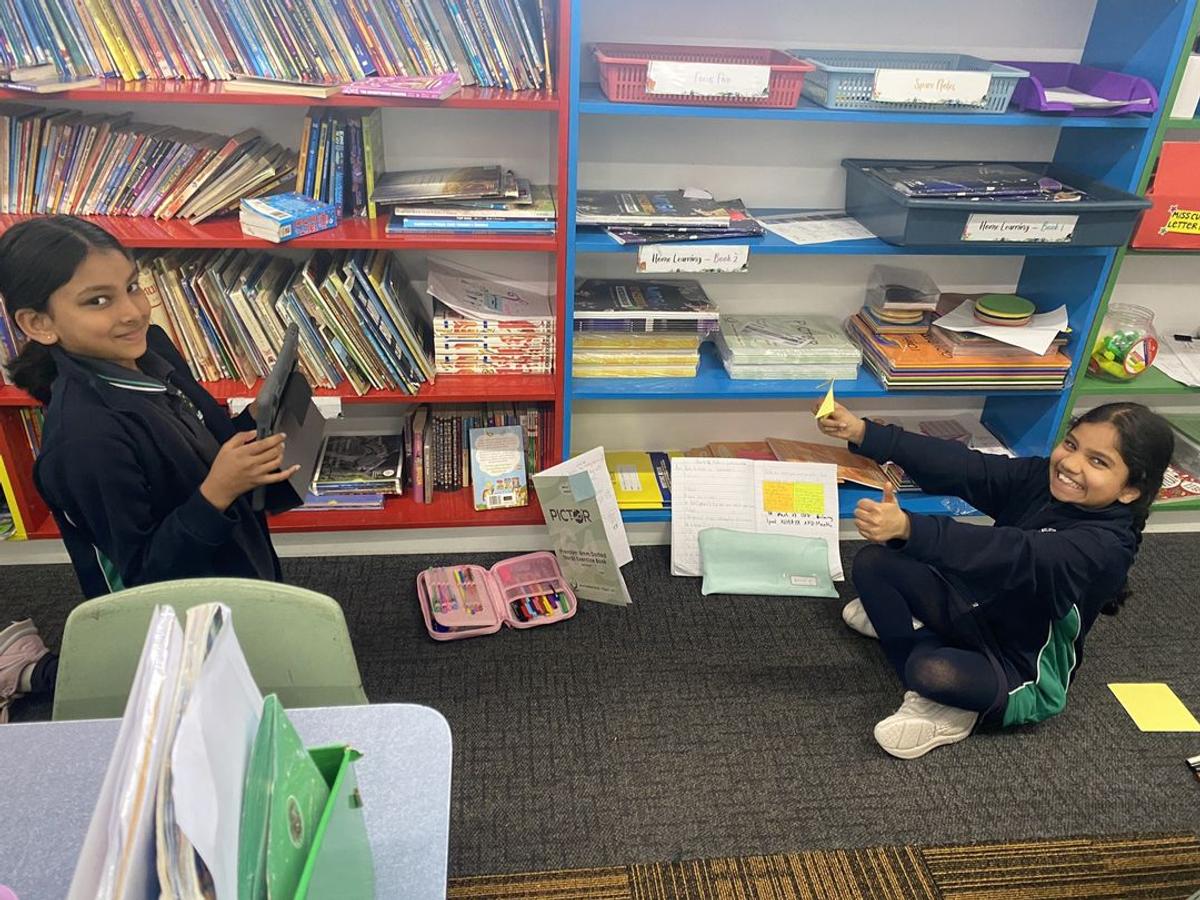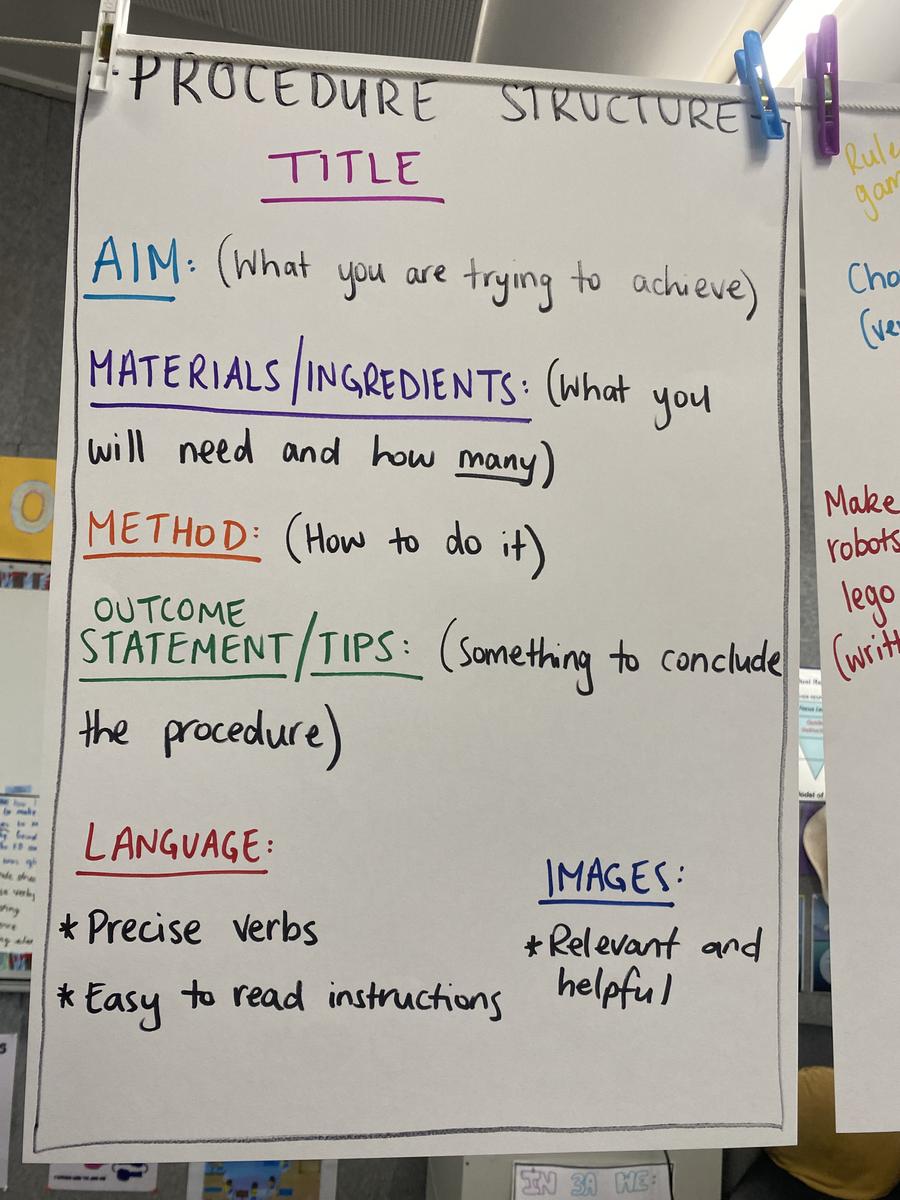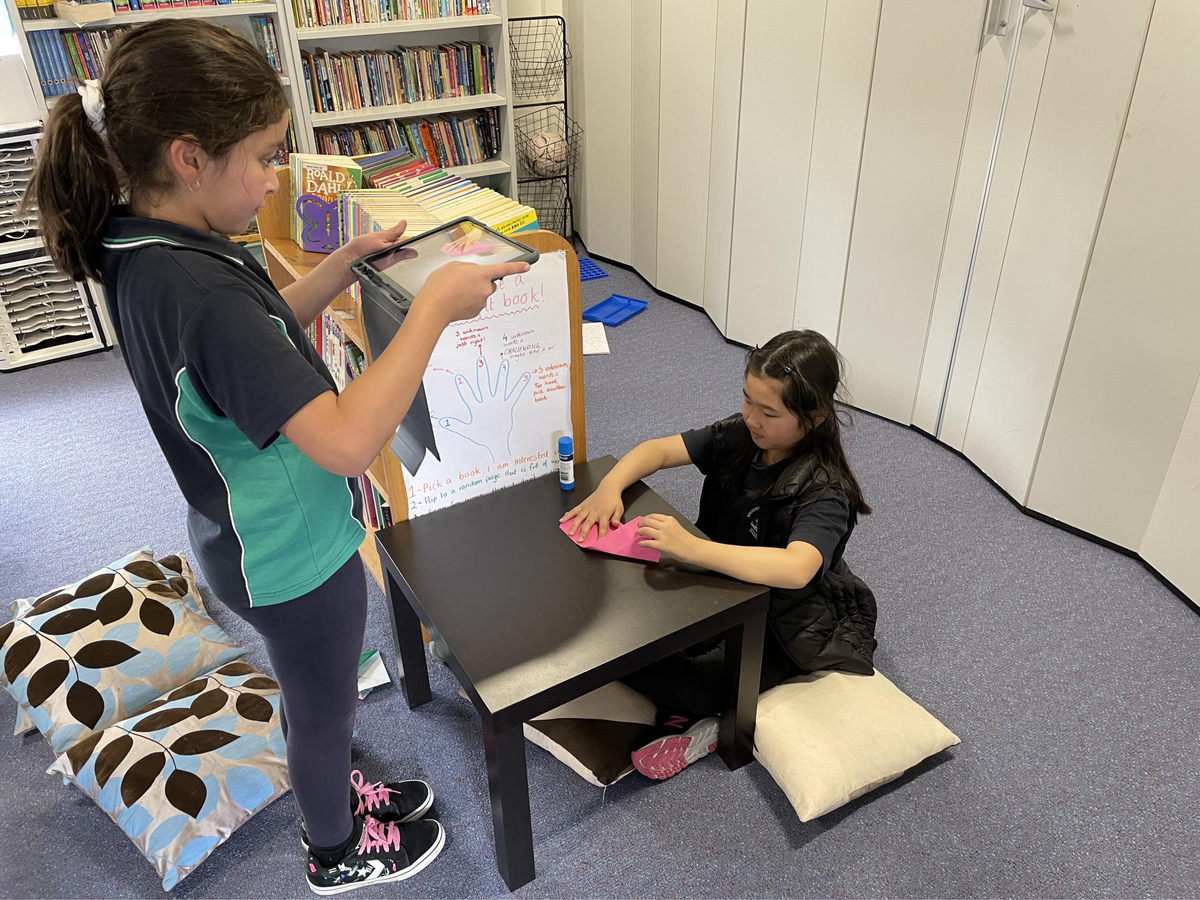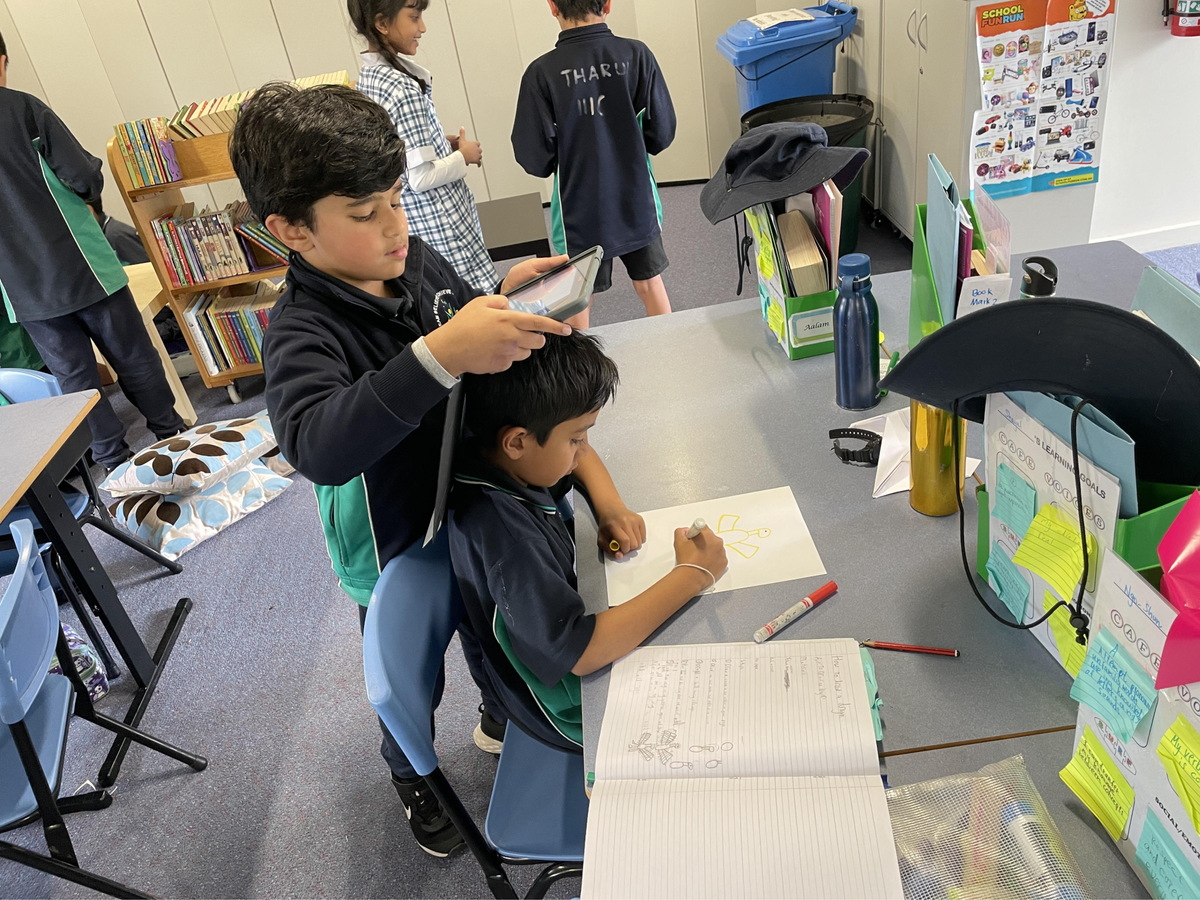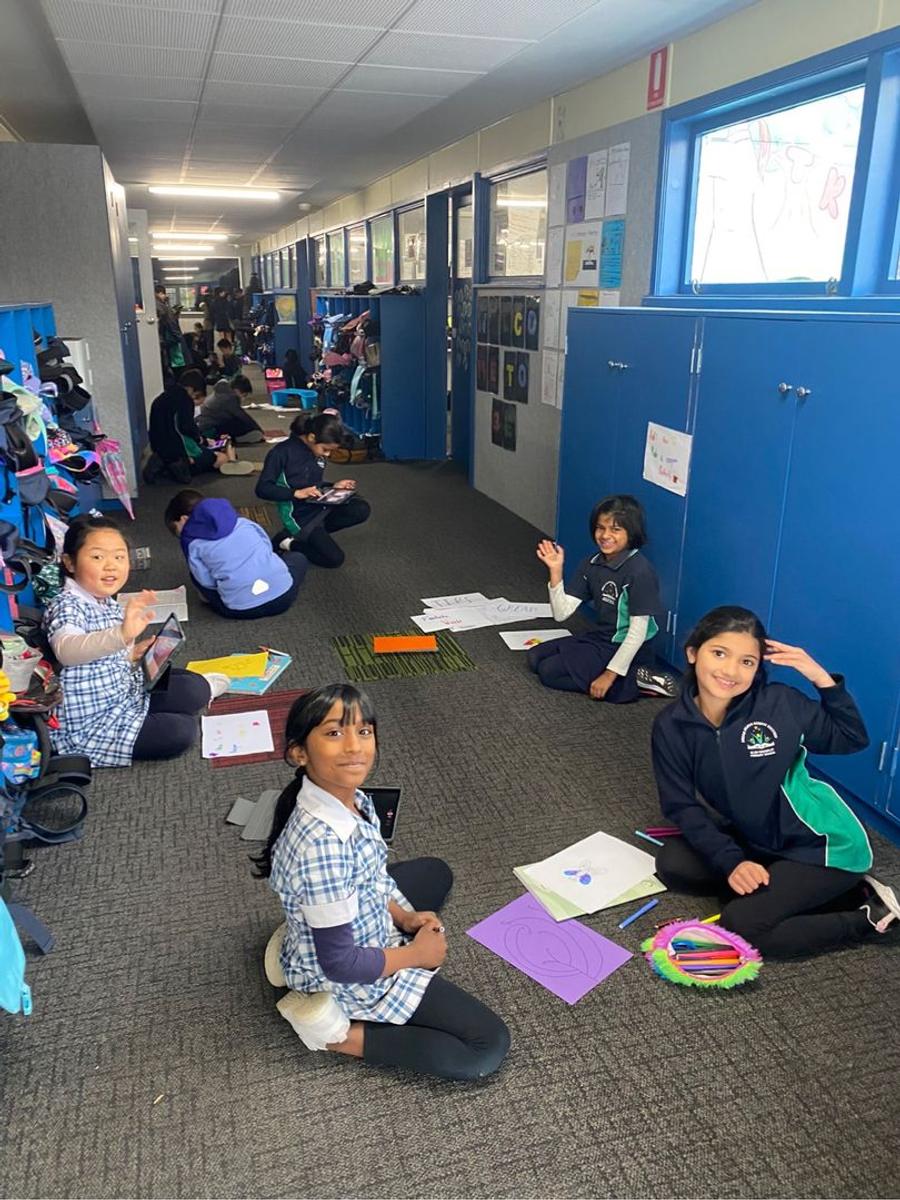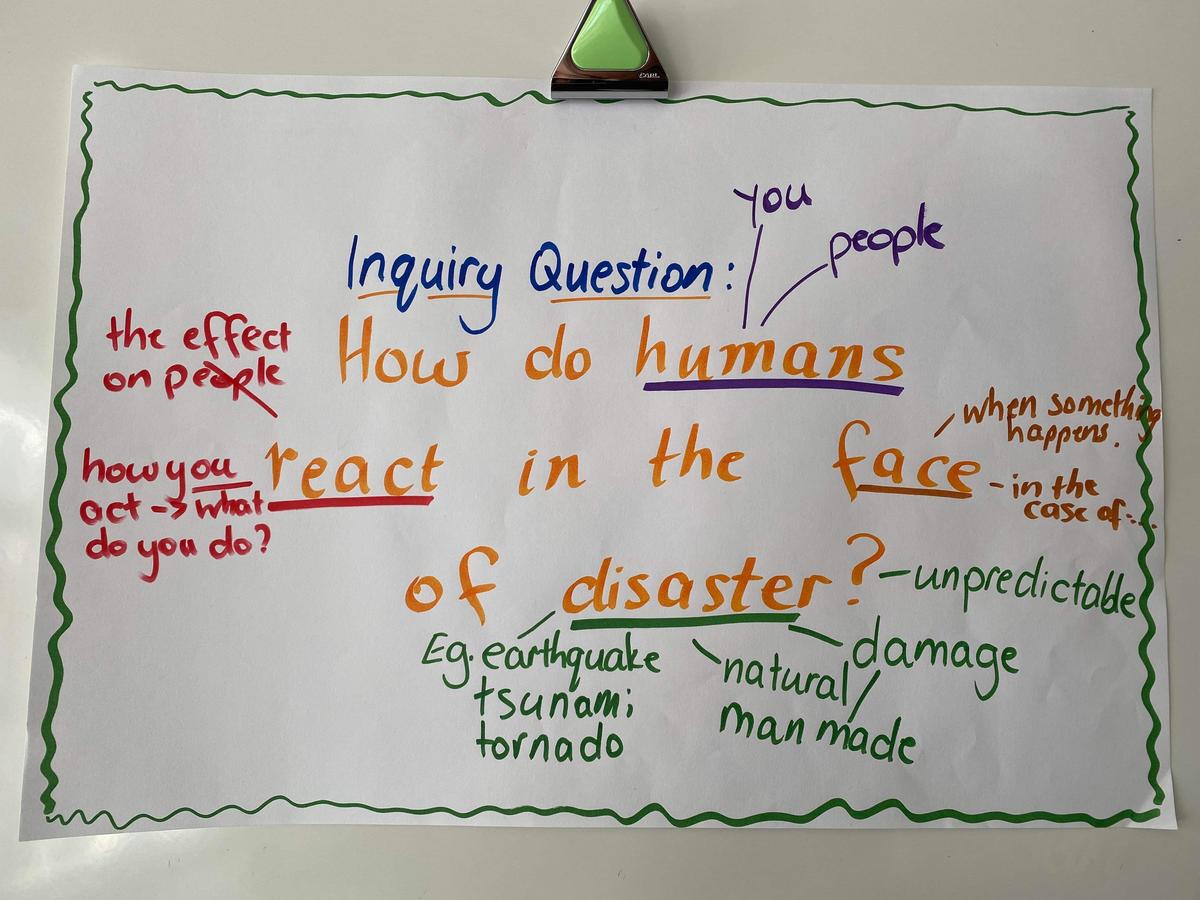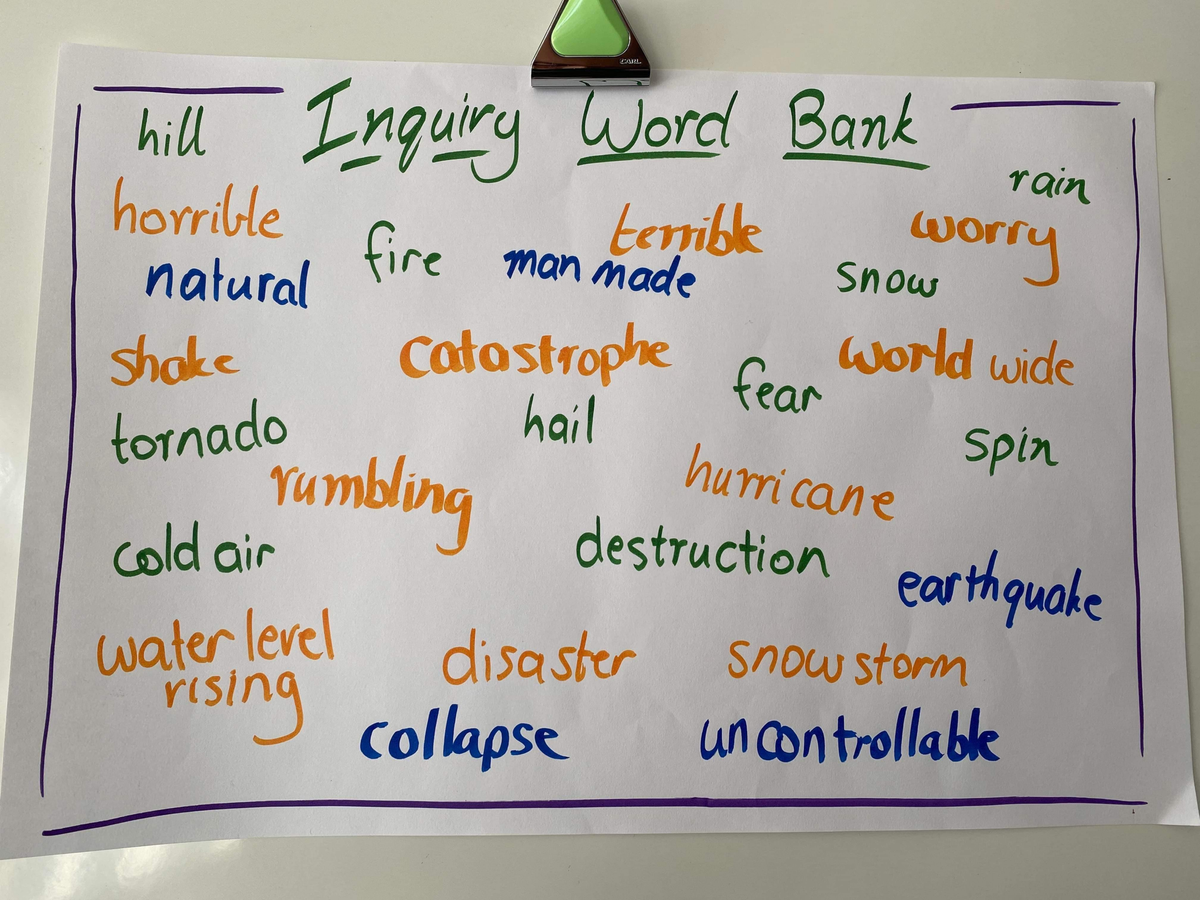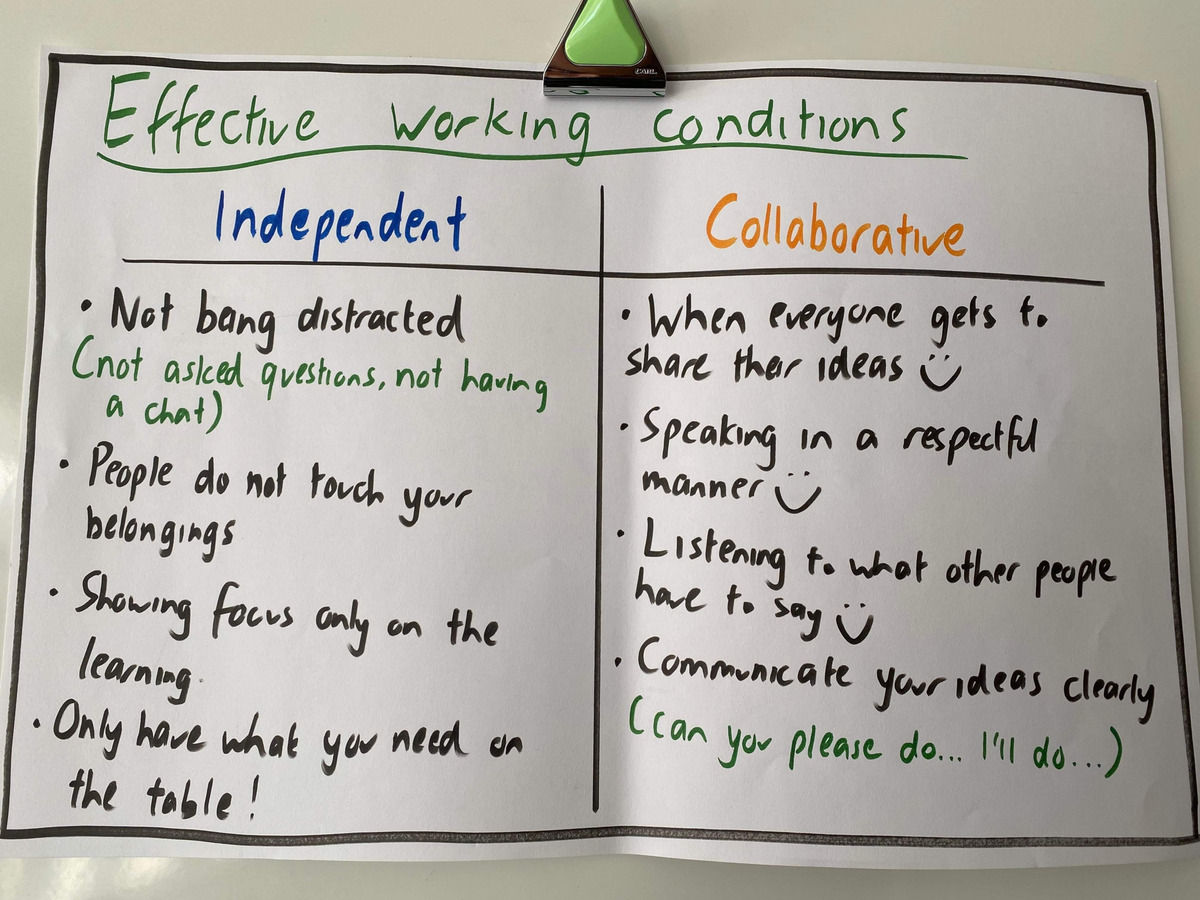Welcome to Level 3, Term 4!
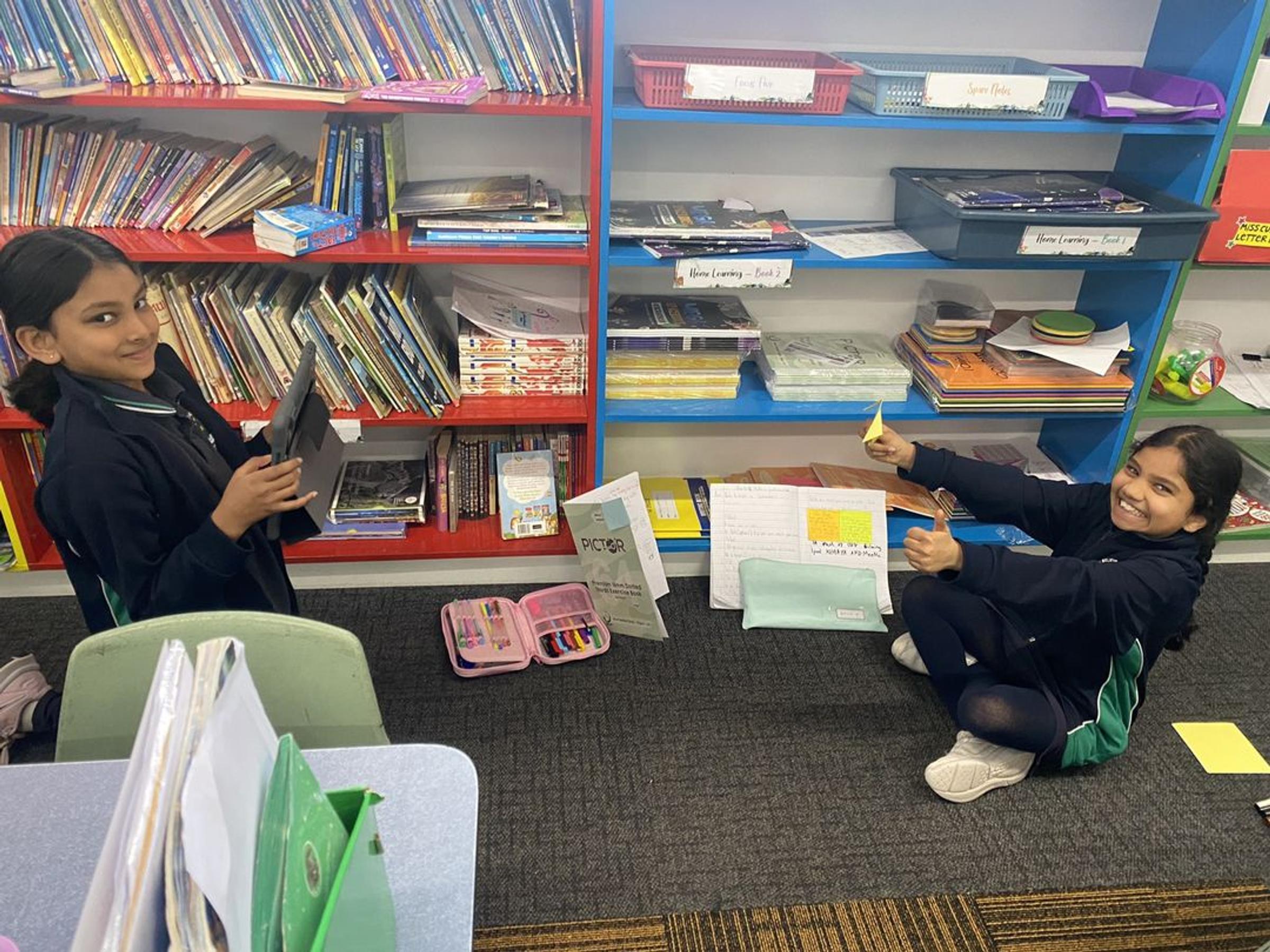
Welcome to Term 4 and another engaging term of learning at Glen Waverley Primary School! We are really looking forward to the variety of learning opportunities provided during Term Four, as well as transitioning the children into their Level Four class for 2023! More information will be provided about this during the term.
This term, the Level 3 students will get to experience an excursion at Camp Toolangi (November 18th) where they will get to participate in exciting camp activities, build their teamwork skills and show courage in a safe environment. We will be sure to report back with photos and updates of the day!
At the end of this school year, your child/s reports will go live via Compass. The reports will be a celebration of their learning and demonstrate the success that they have had in each subject area, as well as how they have achieved their learning goals.
We are certainly looking forward to a very productive and exciting term of learning! Term 4 is always special as we reminisce on the growth and memories made throughout the year and help prepare them for Level 4! We would love to take this opportunity to thank our parent community for the support that you have provided to your children and our school over the year so far. Thanking you for your ongoing support!
Warm Regards, Stacey Cupo (Teaching and Learning Leader), Blair Ippolito (Assistant Teaching and Learning Leader), Peter Shen (Maths Learning Specialist), Gemma Simmons and Davin Mark.
Term 4 reminders: The Level 3 team would like to remind the students about the importance of being SunSmart. Hats are required during recess and lunchtime this term. Please ensure they are named and that students also bring a water bottle to school so they can stay hydrated. This will ensure their brains and bodies are always ready for optimal learning.
Important dates
27th October – New Family Afternoon Tea
1st November – Public Holiday
3rd November – Whole School Fun run
18th November - Camp Toolangi Excursion
12th December – Moving Day
13th December – 2023 Day
14th December – Reports Sent home at 5pm (via compass)
20th December – Final Day of Term – dismiss at 1:30pm
Reading
At the beginning of Term 4, students will be exploring procedural texts. They will be exposed to various mediums, including written, verbal and visual procedures. Students will analyse procedural texts for their purpose, audience, structure and language and compare their levels of engagement between a variety of procedures. They will develop an understanding that recipes, games, science experiments, instructions and manuals are all types of procedural texts. Towards the end of Term 4, students will revisit and deepen their prior knowledge of narratives by analysing them for their plot, theme and character development. Students will utilise the CAFE reading strategies and their personalised goals to help improve their reading skills.
To support your child with their reading development, you might find the following tasks helpful:
- Remind your child that it is an expectation that they read for at least fifteen minutes each night. Encourage them to read out aloud at times, to improve their accuracy and fluency skills.
- To deepen their comprehension skills, the following questions might be helpful:
“What do you predict will happen next? Justify your prediction.”
“What was the problem? How was the problem solved?”
“What do you think the message of the story is?” - Go on a ‘Procedure Hunt’ around the home. What types of procedures can you find? (Instructions, manuals, recipe books, etc.) Analyse the different procedures for their precise word choice.
- Provide opportunities for your child to follow a procedure and experience what it is like to follow a recipe, build furniture, follow the rules of a game, etc. Reflect on the experience with them by asking questions such as, “Were these instructions easy to follow?” “Did the verbs help you with what you had to do?”
Writing
During the first few weeks of Term Four, students will investigate and transfer their knowledge between different types of procedural texts. Students will use the information found in Reading lessons regarding the purpose, audience and language. They will incorporate these into their own learning, in both written and video formats, alongside the use of their VOICES goal. They will produce procedural texts that follow the correct structure which will demonstrate their understanding that a procedure has a title, aim/purpose, materials and method. Students will expand on their knowledge of accurate and precise verbs and the importance of incorporating them into their writing so that the audience can accurately carry out each step.
Once the procedural text unit has concluded, students will have the opportunity to follow up their learning from the beginning of the year with narrative writing. We will explore how they can use engaging vocabulary in their texts, as well as delving deeper into important elements of narrative writing, such as characters, settings, problems and solutions.
To support your child with their writing development this term, you might like to:
- Ask questions about and look at their home learning tasks, as these follow on from learning at school.
- Involve them in procedures at home, highlighting actions (verbs). This could include cooking a meal or planning a shopping list.
- After reading, ask questions such as ‘If you were to continue this story, what might you write about?’. Doing this may assist them with forming ideas for narrative writing pieces.
Spelling
As part of the Spelling program, students will be encouraged to continue to expand their vocabulary through our Spelling Inquiry sessions. During learning, students will identify words misspelt in their writing and conduct research into these words, developing a deeper understanding of the origin and meaning, and transfer how different word parts then form their own spelling words for Home Learning. Students are to independently record unfamiliar words or words used in unusual ways that are found in their reading and writing. They will spell and investigate their meanings using dictionaries, thesauri and iPad applications.
This term, students will be looking closely at verbs and adverbs, what they are and how they can be used, which links directly to our learning of procedural texts. Other topics will include spelling patterns from Latin and Greek origins, contractions, plurals and a range of vowel sounds.
Speaking and Listening
We will continue to provide opportunities for students to practice and improve their speaking and listening skills through sharing their learning, group discussions and Maths Talks. For example, sharing their Home Learning with each other will see students speaking clearly and actively listening to each other in order to provide feedback and feedforward to their peers. Working collaboratively will also be a practical opportunity for students to use speaking and listening skills where they will need to take turns, ask questions, negotiate ideas and build on each other’s ideas.
Mathematics
Throughout Term Four, students will be completing learning experiences covering a variety of topics in the field of Mathematics. Throughout each unit of study, we will continue to upskill our students by developing their strategies through the proficiencies of Problem Solving, Understanding, Reasoning and Fluency (SURF). The students will engage in a range of hands-on and rich learning tasks that deepen and challenge their thinking. Concepts to be focused on in Term 4 include:
- Chance.
Students will explore real-life and everyday events involving Chance and use appropriate language to describe the probability of those events. They will also conduct Chance experiments such as rolling 2 to 3 dice and investigate dependent and independent chance events. They will make connections to their Inquiry unit through the exploration of weather forecasting.
- Geometric Reasoning.
Students will be learning about different types of angles and how to use a protractor to measure them accurately. They will measure a variety of different angles they see around the classroom and compare them to a right angle.
- Location & Transformation.
Students will extend their understanding of shapes and explore the different ways they can be viewed by flipping, sliding or rotating them. They will continue to strengthen their locational language and the ability to follow directions, use and create maps.
- Pattern & Algebra
This concept will see students accessing their knowledge of the four operations and applying them with flexibility. The learning tasks will involve them identifying patterns and solving the unknown numbers in various forms. In addition, students will learn about the order of operations to further develop their arithmetic skills.
To support your child at home, you may find the following tasks helpful:
- Watch the nightly weather forecast and ask your child to listen out for chance language Eg: 70% chance that it will rain tomorrow afternoon.
- Ask them to map out their walk to the local park.
- Show them a variety of maps that are used in daily life Eg: Melways road maps, phone GPS, google maps etc.
- Discover and discuss patterns and symmetry in real-life contexts.
Inquiry
In Term Four, students will be exploring the Inquiry question ‘How do humans react in the face of disaster?’, whilst making connections to our Global Goal of ‘Climate Action’. In this Earth and Space Science unit, students will firstly analyse the different causes of natural and man-made disasters. They will then explore the impact these disasters have on our Earth and communities, before investigating the aftermath and the way humans come together to rebuild. Finally, students will transfer their new knowledge of natural and manmade disasters by creating a project at school and presenting it to their Level 3 peers.
To support your child at home, you may find the following tasks helpful:
- Watch the news and look out for natural/manmade disasters occurring around the world – what questions do they have?
- Assist with researching answers to any questions regarding their chosen project disaster.
- Consider solutions to natural or manmade disasters – For example, what can we do to reduce the impact of global warming?
YCDI
In Term Four, students will continue to learn a variety of Social and Emotional skills guided by the 5 YCDI Keys to Success, as well as the School’s Guiding Statements. Students will primarily learn through real-life scenarios and create role plays which demonstrate positive social skills. Our focus for Term 4 will be around negotiating through social scenarios and positive conflict resolution. Through this, students will understand that their actions will always have an impact on themselves or others (which can be positive or negative). In doing so, this will encourage them to reflect on the choices they make during learning time, as well as social situations involving friendships.
To support your child at home, you may find the following tasks helpful:
- Encourage your child to demonstrate the 5 Keys to Success. (Persistence, Getting Along, Organisation, Confidence, Resilience)
- Discuss why the values of Respect, Integrity, Initiative and Global Empathy are important in everyday life.

